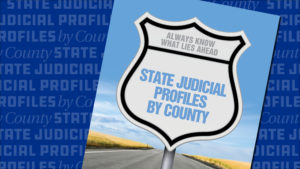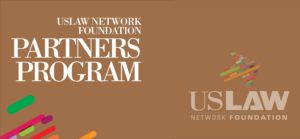USLAW NETWORK names Gerber Ciano Kelly Brady LLP of Buffalo, New York, as the newest member of… Continue Reading
Bovis Kyle attorneys prevail in liability lawsuit + negligence and gross negligence claims matter
POSTED MAY 28, 2024
Jackson and Lewis prevail in defense of lawyer liability lawsuit; Lewis obtains dismissal in negligence and gross negligence claims against closing law firm client
Kim Jackson and Zack Lewis of Bovis, Kyle, Burch & Medlin, LLC in Georgia recently prevailed in their defense of a hotly contested and wide-ranging lawyer liability lawsuit. In moving to strike the plaintiff’s 191-paragraph complaint, Jackson and Lewis advocated that the plaintiff’s lawsuit violated Georgia’s Anti-SLAPP Statute because it was aimed at punishing legitimate speech and was not meant to vindicate any legal rights. Following multiple rounds of briefing, and a lengthy evidentiary hearing, the Superior Court of Fannin County, Georgia, entered an eight-page Order granting the defendant’s motion and dismissing the plaintiff’s lawsuit.
In a separate matter, Zack Lewis obtained a dismissal of a plaintiff’s negligence and gross negligence claims against a closing law firm. The plaintiff’s claims arose out of a third-party fraudster’s orchestration of a home title scam. In asserting liability against the closing law firm, the plaintiff alleged that the firm negligently failed to ferret out the fraud. In moving for an early dismissal, Lewis advocated that despite the labels the plaintiff had assigned to his claims, they actually sounded in professional negligence because they called into question the closing law firm’s professional practices in presiding over a closing. Unlike claims for ordinary negligence and gross negligence, Georgia law requires a plaintiff to support a professional negligence claim with an expert affidavit. Agreeing with the defense’s argument, the Superior Court of Fulton County, Georgia, entered an Order dismissing the claims—finding that they sounded in professional negligence and, thus, failed due to a lack of expert support.











